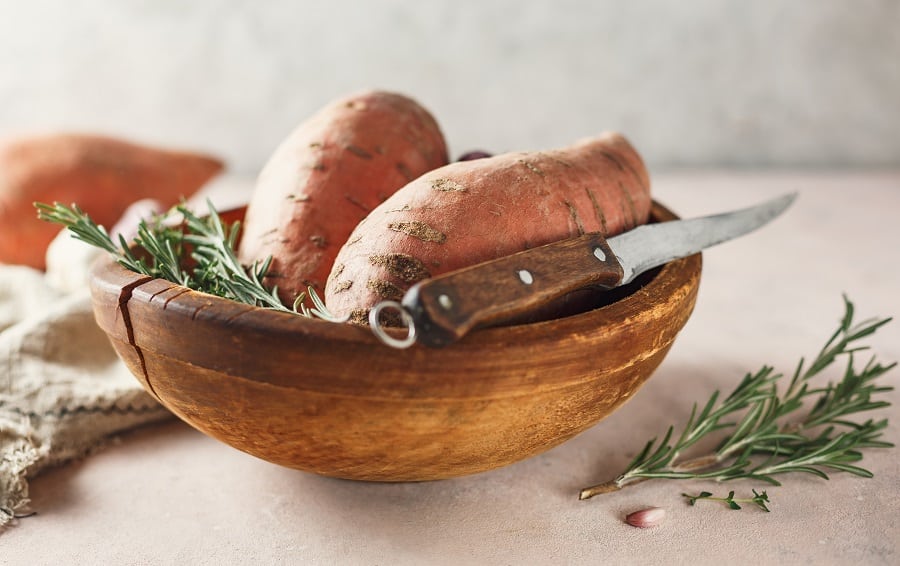A vegan diet is undoubtedly one of the healthiest ways of eating. It boosts your health and ensures your longevity. That said, following a vegan diet is not always as easy as it may sound. If you have only one specific type of plant-based food daily, you may end up suffering from common nutritional deficiencies. Here’s a list of nutritional deficiencies that are most common to a vegan diet.
Vitamin B12
Vitamin B-12 is primarily found in animal products such as meat, dairy, and eggs. Since vegans avoid consuming animal flesh and animal-by products, they may end up developing a vitamin B-12 deficiency. Some of the most common symptoms of B-12 deficiency are weakness and fatigue. This happens because your body fails to get enough vitamin B12 to produce red blood cells that transport oxygen throughout the body. As a result, you may feel weak and lethargic.
To increase vitamin B-12 intake, you should include B12 plant milk and B-12 supplements into their daily diet.
Omega-3 Fatty Acids
This vital fatty acid is crucial for maintaining heart health. It prevents irregular heartbeat, development of plaque in the arteries, and reduce the chances of heart attack and strokes. However, a lack of omega-3 deficiency can cause concertation problems, mood swings, irritation, and skin-related issues such as dry skin or hair, brittle nails, etc. Some individuals with an omega-3 deficiency also experience joint discomfort. They develop stiffness, swelling, and pain in their joints.
Vegans should combine seaweed, chia seeds, hemp seeds, flaxseeds, and walnuts into their regular meals to get good amounts of omega-3 fatty acids.
Iron
Animal products are a rich source of iron, so naturally, when vegans give up on animal-based food, they suffer from an iron deficiency – commonly referred to as anemia. However, there are many food items that you can eat daily to get enough iron on a vegan diet. You should consider having more fruits (apricots, peaches, apples, and pears) and vegetables (leafy greens, potatoes, tomatoes, and mushrooms) and eat foods loaded with iron such as beans, lentils, and tofu.
Zinc
Vegans are also prone to suffering from a zinc deficiency. This usually leads to hair loss, diarrhea, weakness, and fatigue. One of the reasons why vegans develop a zinc deficiency is because very few plants are rich in zinc. Therefore, vegans are recommended to look for other sources to get zinc. These include nuts, seeds, legumes, tofu, whole grains, and wheat germ.
End Note
These are the top four common nutrients a vegan diet lacks. To prevent these nutritional deficiencies, you should consider having a wide variety of food, including plant-based foods such as fruits, vegetables, grains, nuts, seeds, legumes, etc.






